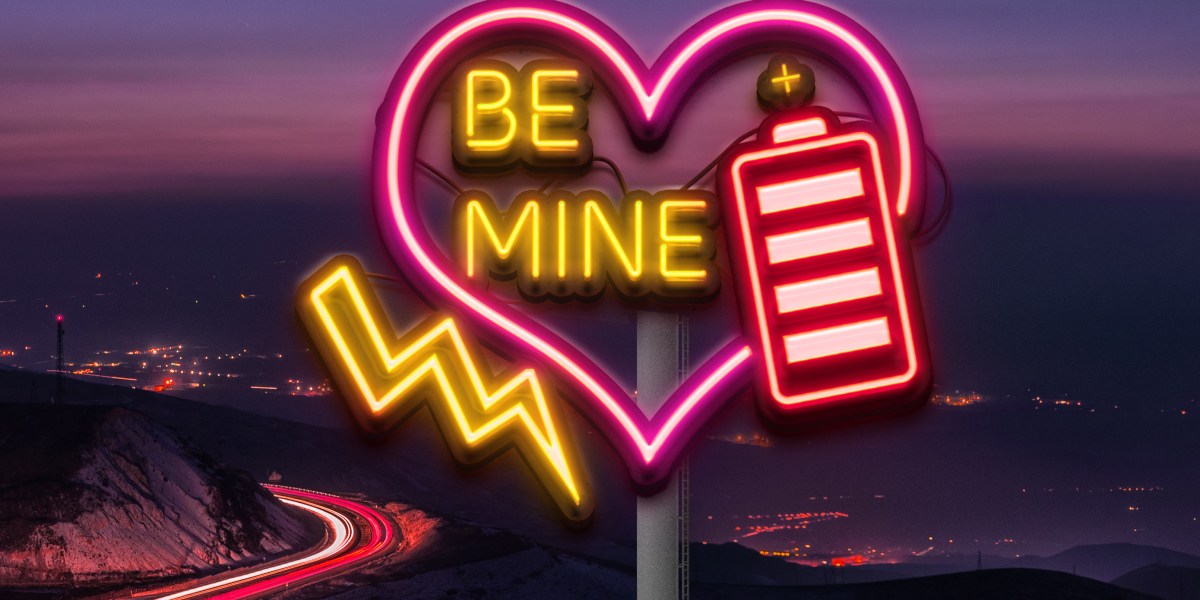Three things to love about batteries

They’re versatile
One of my favorite things about battery technology is its adaptability. Researchers are finding and developing new chemistries all the time, and it’s fascinating to follow.
Lithium-ion batteries tend to be the default for the industries I typically write about (think transportation and energy storage). That’s mostly because these batteries were developed for personal devices that became widespread beginning in the 1990s, so they’ve had a head start on scaling and the cost cuts that come along with it.
Even in existing battery technologies, there’s lots of nuance and innovation. Lithium-ion batteries follow a similar blueprint, but there’s a whole world of flavors. Your phone and laptop probably house pouch cells with higher levels of cobalt, whereas your EV likely runs off cylindrical ones that are high in nickel. And a growing fraction of lithium-ion cells don’t include either of those metals—companies are looking at these options for stationary storage or lower- cost vehicles.
But don’t stop there. Next-generation batteries could give us a different chemistry for every occasion. Need a robust, low-cost battery? Try sodium-ion. Even cheaper, for stationary storage? Zinc flow batteries or iron-air might be the chemistry for you. Something for a long-range, high performance EV? Check out solid state, or maybe something of the lithium-sulfur variety.
I’m often asked which battery chemistry is going to “win.” Not all batteries are going to make it to widespread adoption, and not all battery companies are going to succeed. But I think the answer is that we’ll hopefully see not a single dominant type of battery, but an ever-growing menu of options.
They’re at least a little bit magic
Last but not least, I think that one of the main reasons that I’m obsessed with batteries is that I find them a little bit mystifying. Tiny ions shuttling around in a metal container can store energy for us to use, whenever and wherever we want.
I’ll never get sick of it, and I hope you won’t either. Here’s to spending more time with the ones we love in the year ahead.
Related reading
Read more about lithium-sulfur batteries, which could unlock cheaper EVs with longer range, in my latest story.


